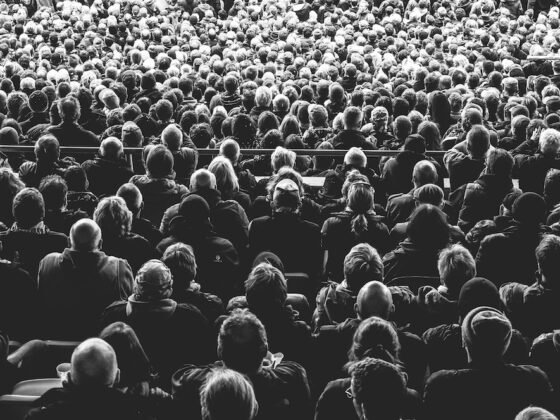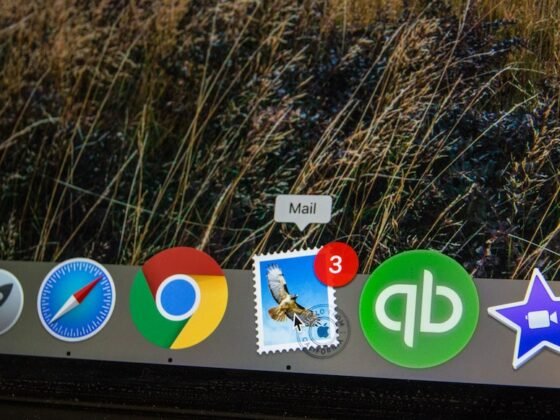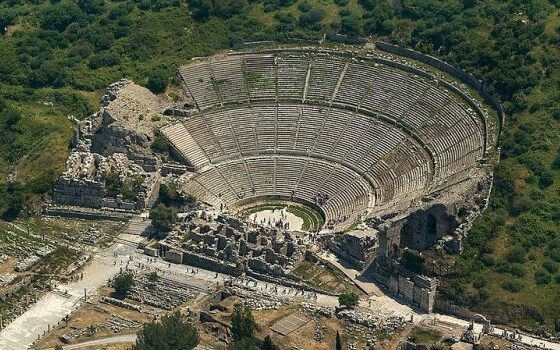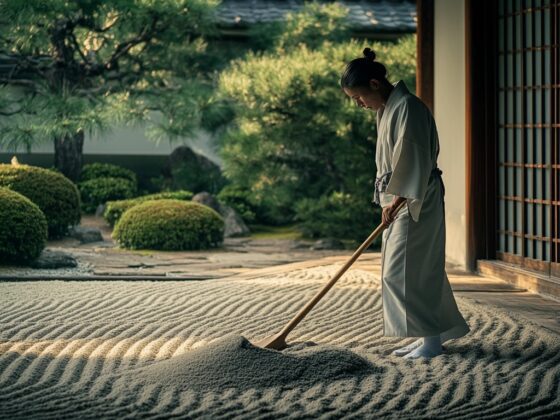In a world inundated with information, misinformation, and conflicting narratives, the ability to think critically and question what we see and hear has never been more crucial. The mantra “Look twice, think twice, question everything” encapsulates a powerful approach to navigating the complexities of modern life and seeking truth in an era of uncertainty.
The Power of Looking Twice
At first glance, our perceptions can be deceiving. What we see on the surface may not reflect the full reality of a situation. By making a conscious effort to look twice, we open ourselves up to noticing details, nuances, and perspectives that we might have missed initially.
This principle applies not just to visual observation, but to all forms of information intake. When reading news articles, listening to speeches, or scrolling through social media, taking a moment to pause and re-examine the content can reveal hidden biases, logical fallacies, or important context that may have been overlooked.
Looking twice also involves seeking out alternative viewpoints and sources of information. In an age of echo chambers and algorithmic content curation, it’s easy to become trapped in a bubble of like-minded opinions. By actively seeking out diverse perspectives, we can gain a more comprehensive understanding of complex issues.
The Importance of Thinking Twice
Once we’ve taken the time to look twice, the next step is to think twice about what we’ve observed. This involves engaging our critical thinking skills to analyze and evaluate the information at hand.
Thinking twice means questioning our initial assumptions and reactions. It’s natural for humans to form quick judgments based on limited information, but these snap decisions can often be flawed or biased. By consciously revisiting our thought processes, we can identify and challenge our own preconceptions and biases.
This process also involves considering the broader context and implications of the information we’re processing. What are the potential consequences of accepting this information as true? How does it fit into the larger picture of what we know about the world? By thinking through these questions, we can develop a more nuanced and well-rounded understanding of complex issues.
Thinking twice also means being willing to change our minds when presented with new evidence or compelling arguments. Intellectual humility – the recognition that our own knowledge and beliefs may be incomplete or incorrect – is a crucial component of critical thinking.
The Necessity of Questioning Everything
The final and perhaps most crucial element of this approach is the willingness to question everything. This doesn’t mean adopting a stance of cynical disbelief towards all information, but rather maintaining a healthy skepticism and a commitment to seeking truth.
Questioning everything means being willing to challenge authority figures, established narratives, and even our own deeply held beliefs. It means asking “why?” and “how do we know this?” rather than simply accepting information at face value.
This approach is particularly important in an era of rapid technological change and information overload. With the rise of artificial intelligence, deepfake technology, and sophisticated misinformation campaigns, the line between truth and fiction is becoming increasingly blurred. By cultivating a habit of questioning and verification, we can better protect ourselves from manipulation and deception.
Questioning everything also involves being aware of the limits of our own knowledge and understanding. It means being willing to say “I don’t know” and to seek out expert opinions and reliable sources of information when dealing with complex or specialized topics.
Practical Applications
The “look twice, think twice, question everything” approach can be applied to various aspects of life:
- Media Consumption: When reading news articles or watching reports, look for multiple sources, consider the credibility of the outlet, and be aware of potential biases or agendas.
- Social Media: Before sharing or reacting to posts, take a moment to verify the information and consider its source and context.
- Personal Relationships: In interpersonal conflicts, try to see the situation from the other person’s perspective and question your own assumptions about their motivations.
- Professional Decision-Making: When faced with important choices at work, take the time to gather diverse opinions, consider potential consequences, and question the assumptions underlying different options.
- Political and Social Issues: Approach complex societal problems with an open mind, seeking out diverse viewpoints and questioning both mainstream narratives and alternative theories.
While the “look twice, think twice, question everything” approach is valuable, it’s important to recognize its challenges and limitations:
Challenges and Limitations
- Time Constraints: In a fast-paced world, we don’t always have the luxury of extensive analysis for every piece of information we encounter.
- Cognitive Load: Constant questioning and analysis can be mentally taxing and may lead to decision fatigue.
- Paralysis by Analysis: Overemphasis on questioning everything can sometimes lead to inaction or indecision.
- Expertise and Specialization: In many fields, expert knowledge is crucial, and laypeople may not have the background to effectively question specialized information.
Balancing these challenges requires developing good judgment about when and how to apply this approach most effectively.
Conclusion
In an increasingly complex and interconnected world, the ability to look twice, think twice, and question everything is a crucial skill for navigating the sea of information we encounter daily. This approach fosters critical thinking, promotes intellectual humility, and helps us develop a more nuanced understanding of the world around us.
By cultivating these habits, we can become more discerning consumers of information, more effective decision-makers, and more engaged citizens. While it requires effort and practice, the rewards of this approach are significant: a clearer understanding of reality, better-informed choices, and a stronger defense against manipulation and misinformation.
As we face the challenges of the 21st century – from climate change to artificial intelligence to global political upheavals – the ability to look twice, think twice, and question everything will be more important than ever. By embracing this mindset, we can work towards a more informed, thoughtful, and truth-seeking society.
Citations:
[1] https://www.roangelo.net/logwitt/logwit41.html
[2] https://www.slowdown.media/article/simon-critchley-question-everything
[3] https://www.mariusschober.com/2023/01/23/questioning-everything/
[4] https://wwnorton.com/books/9781324091837
[5] https://www.reddit.com/r/philosophy/comments/c6dck/is_it_possible_to_question_everything/
[6] https://thehill.com/changing-america/opinion/566362-the-hopi-prophecies-are-coming-true-heres-why-we-should-pay/
[7] https://www.rossbishop.com/the-hopi-prophesies/
[8] https://drfoxonehealth.com/post/the-hopi-message-prophecy/










